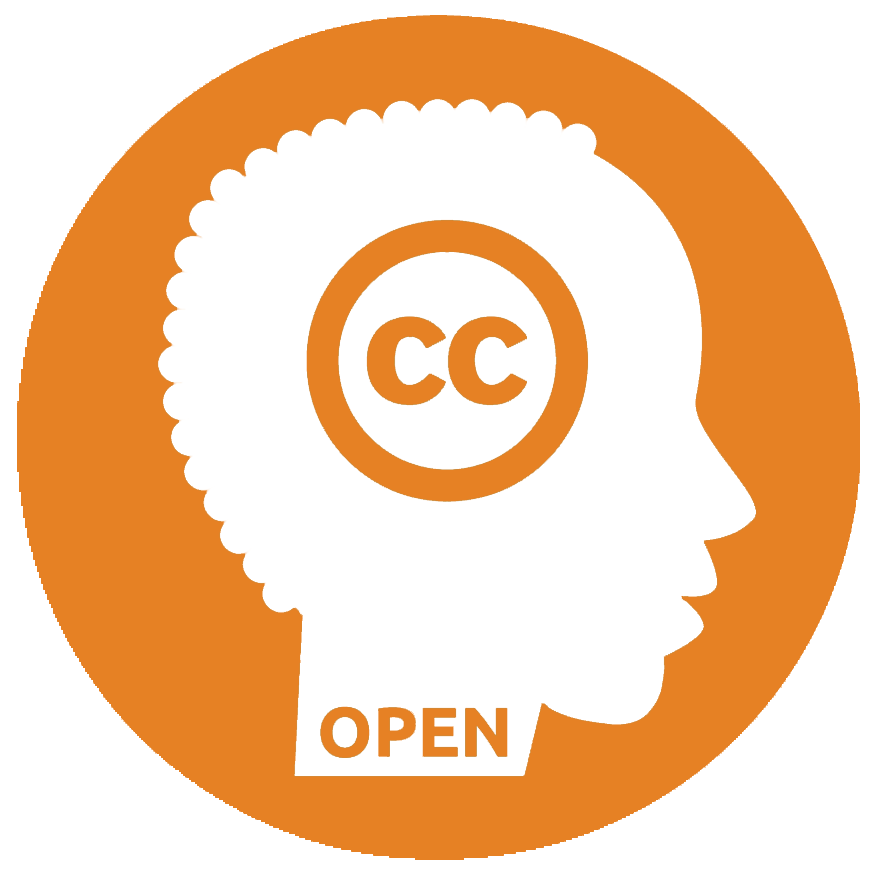Full Library
The potential of digital tools to enhance mathematics and science learning in secondary schools: A context-specific meta-analysis
Resource type
Journal Article
Authors/contributors
- Hillmayr, Delia (Author)
- Ziernwald, Lisa (Author)
- Reinhold, Frank (Author)
- Hofer, Sarah I. (Author)
- Reiss, Kristina M. (Author)
Title
The potential of digital tools to enhance mathematics and science learning in secondary schools: A context-specific meta-analysis
Abstract
Based on systematic research of studies published since the year 2000, this comprehensive metaanalysis investigated how the use of technology can enhance learning in secondary school mathematics and science (grade levels 5–13). All studies (k ¼ 92) compared learning outcomes of students using digital tools to those of a control group taught without the use of digital tools. Overall, digital tool use had a positive effect on student learning outcomes (g ¼ 0.65, p < .001). The provision of teacher trainings on digital tool use significantly moderated the overall effect. Use of intelligent tutoring systems or simulations such as dynamic mathematical tools was significantly more beneficial than hypermedia systems. On a descriptive level, the effect size was larger when digital tools were used in addition to other instruction methods and not as a sub stitute. The results open up new directions for future research and can inform evidence-based decision-making on the use of digital tools in education.
Publication
Computers & Education
Volume
153
Pages
103897
Date
08/2020
Journal Abbr
Computers & Education
Language
en
ISSN
03601315
Short Title
The potential of digital tools to enhance mathematics and science learning in secondary schools
Accessed
27/09/2022, 11:50
Library Catalogue
DOI.org (Crossref)
Citation
Hillmayr, D., Ziernwald, L., Reinhold, F., Hofer, S. I., & Reiss, K. M. (2020). The potential of digital tools to enhance mathematics and science learning in secondary schools: A context-specific meta-analysis. Computers & Education, 153, 103897. https://doi.org/10.1016/j.compedu.2020.103897
Outcome measure
Instructional domain (subject)
Education Level and Type
Groups of students
Moderating variables
Tech Hardware
Tech Software
Learning Approach
Teacher Pedagogy
Research methods
Effect size/ heterogeneity
HIC/LMIC
Quality of research
Link to this record

